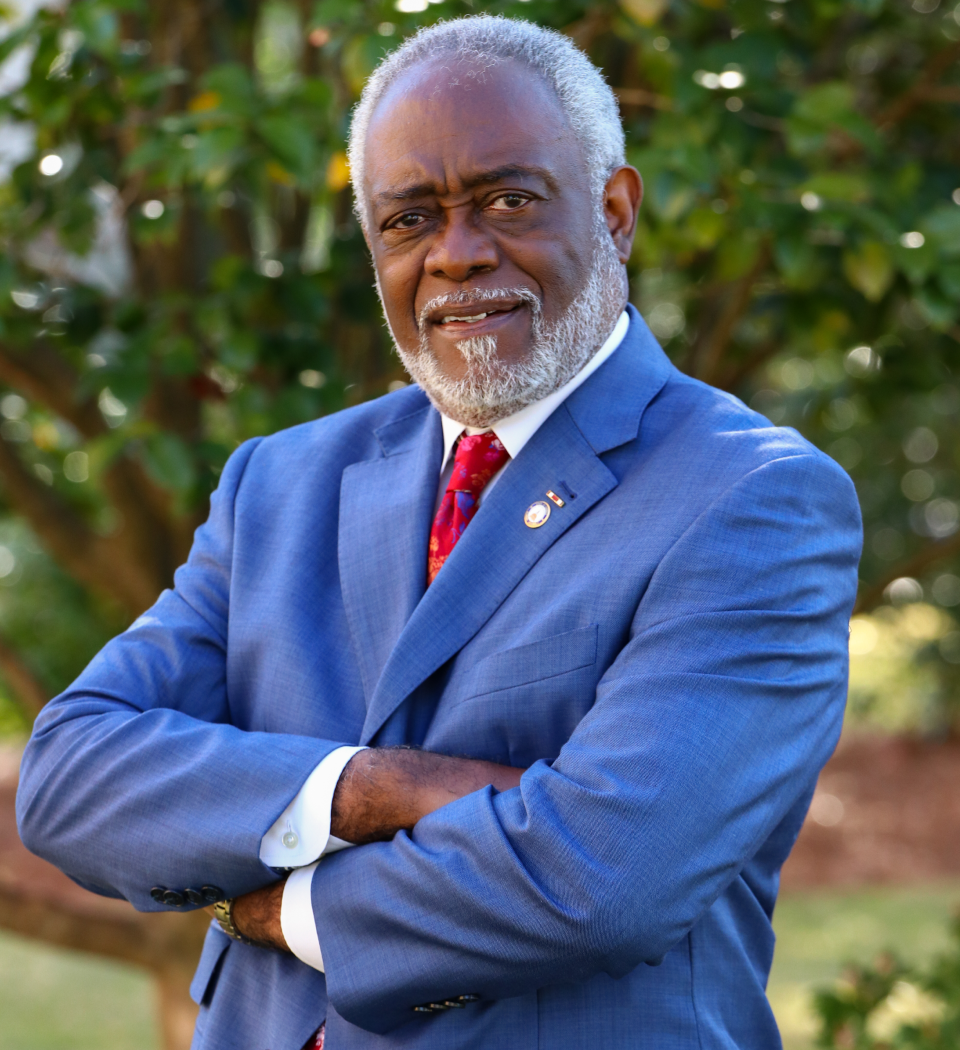In a move towards greater diversity and representation within the University System of Georgia, Rep. Floyd Griffin introduced House Bill 203. This bill seeks to ensure that at least one Historically Black College or University graduate holds an at-large position on the Board of Regents by January 1, 2028. By 2031, this figure would increase to a minimum of two HBCU graduates.

“Under HB 203, we commit to accurately representing our state’s university system by guaranteeing that a position of the Board of Regents is held by a member of a HBCU,” said Griffin.
The bill mandates that the at-large members be graduates of one of Georgia’s ten HBCUs. These institutions include Albany State University, Clark Atlanta University, Fort Valley State University, Interdenominational Theological Center, Morehouse College, Morehouse School of Medicine, Morris Brown College, Paine College, Savannah State University, and Spelman College. Importantly, these institutions must meet federal eligibility requirements as of January 1, 2025, to qualify under this legislation.
Prioritizing Diversity
This legislative effort underscores a growing recognition of HBCUs’ vital role in fostering academic excellence and community leadership among Black students and other underrepresented groups. Griffin’s initiative aims to enhance representation on the Board of Regents and ensure that the decision-making process reflects the diverse perspectives of Georgia’s student population.
As this legislation moves through the legislative process, supporters see it as a critical step towards creating a university system that mirrors the demographics of its student body. By prioritizing HBCU graduates in leadership roles, Georgia would proactively promote diversity, equity, and inclusion within its educational framework.
As House Bill 203 progresses, all eyes will be on the Georgia legislature to see how this pivotal change unfolds and what it means for the future of education in the Peach State.
This article sources information from WSB-TV.

